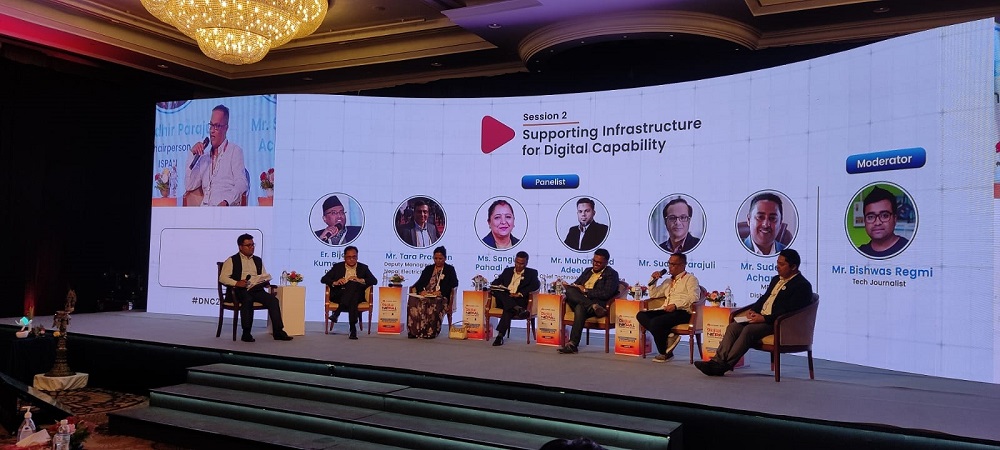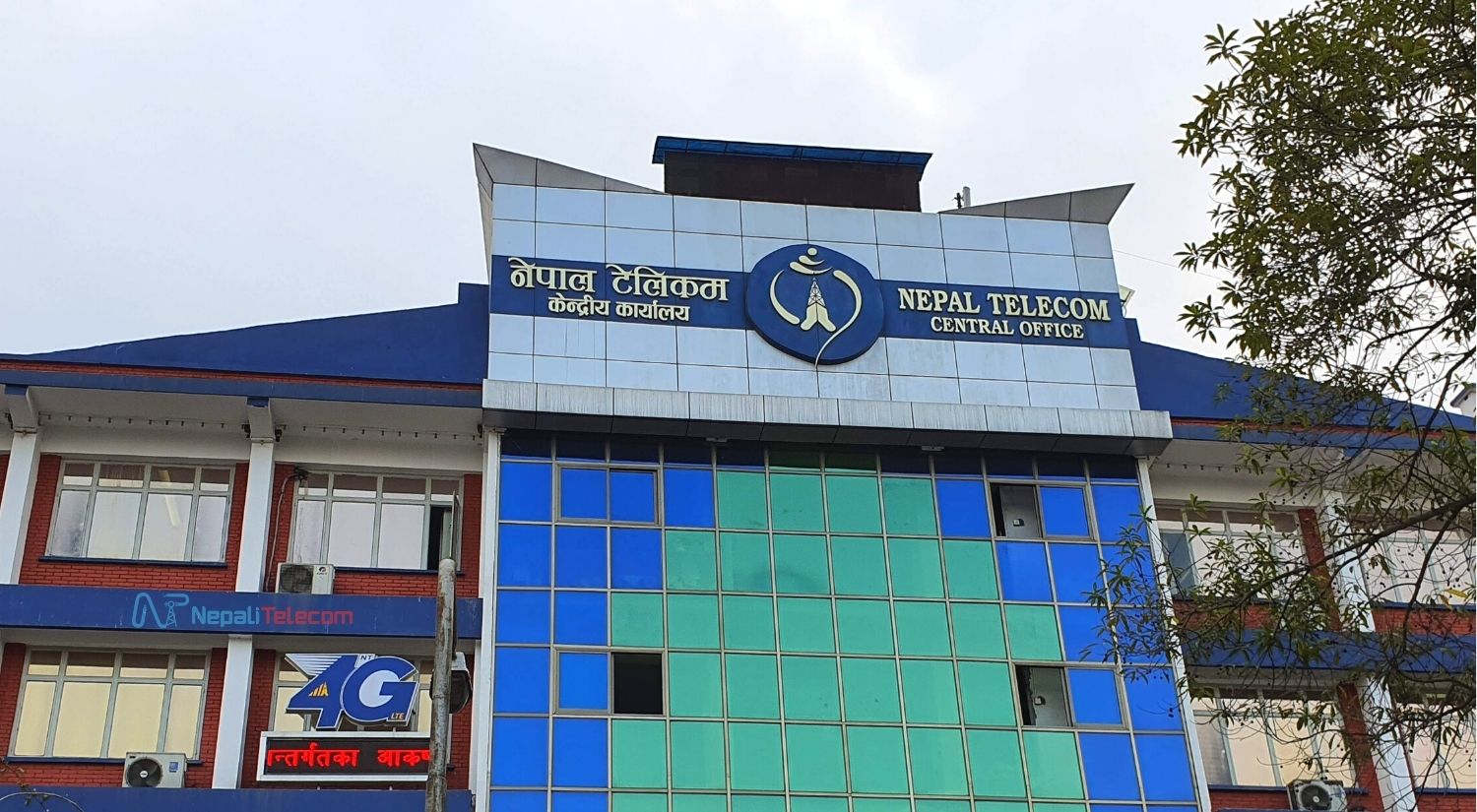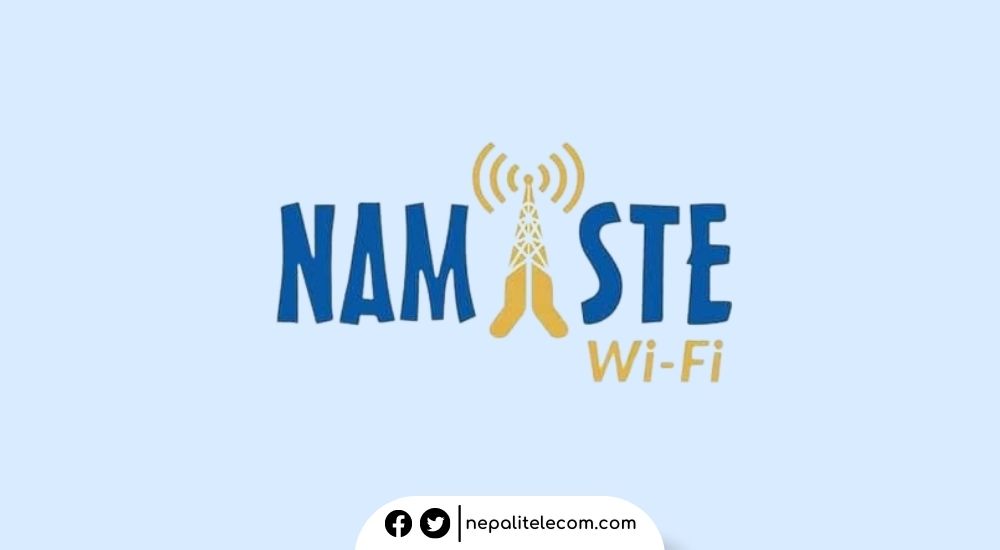Stakeholders have emphasized the sharing of telecommunication infrastructure to realize the goals of the vision of Digital Nepal on day 1 of the Huawei Digital Nepal Conclave 2023 which took place on June 23. A number of speakers touched on a large set of topics that reflect the event’s theme of Digitally Sakshyam Nepal.
In a panel discussion session on digital infrastructure support for digital capability, Sudhir Parajuli, president of the Internet Service Providers Association (ISPAN), said that telecommunication infrastructure sharing is necessary. However, he remarked that in Nepal, there is a reluctance to let others use one’s assets.
“There is a mentality that why should I let others use my stuff,” he said, “I am also using that technology.” It’s no rocket science.’
Similarly, Sudip Acharya, Managing Director of Dish Home, said that infrastructure sharing is difficult without adequate planning. The Director of Nepal Telecommunication Authority (NTA), Vijay Kumar Rai, said that infrastructure sharing is necessary for telecommunication services to be affordable. And he said that the authority is accordingly facilitating sharing.
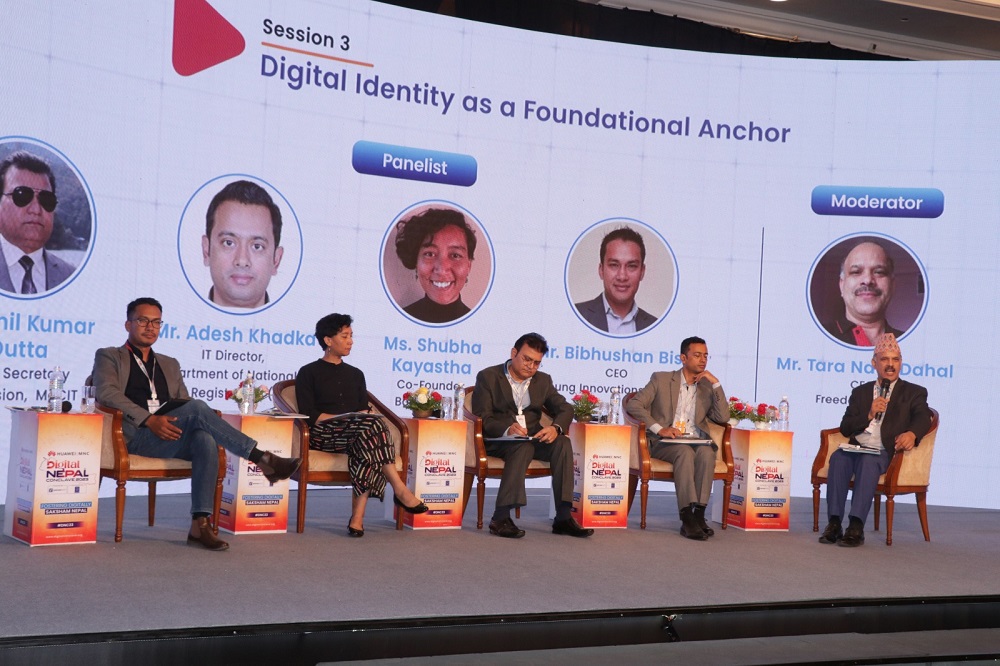
Rai added that the city authority has not disapproved of telecommunication infrastructure sharing. Co-use is not mandatory. Service providers are themselves sharing telco infra, this is why no such arrangement has been made.
The basic foundation of connectivity in Nepal has been prepared. Now service providers and regulators should work in the digital ecosystem,” he said. “There is still ambiguity in the law for telecommunication infrastructure sharing.”
Below, we explore more from who said what on day 1 of the Huawei Digital Nepal Conclave 2023.
We are sharing telecom infrastructure as much as possible- Nepal Telecom | Huawei Digital Nepal Conclave 2023 Day 1
Similarly, Sangita Pahari, the chief business officer (CCO) of Nepal Telecom (NTC), said they are co-using their infrastructure as much as possible. She said that they have also leased fiber optics from others.
Tara Pradhan, director of Nepal Electricity Authority (NTA), said that in the beginning, optical fiber did not start with business in mind.
He said, “We started placing optical fiber in the transmission line in 1997. Then, optical fiber was a bonus for us. At that time, we were running the network. He said that he did not want to do business.”
Similarly, in Digital Identity as a Foundation anchor session, Joint Secretary of the Ministry of Communication and Information Technology (MoCIT) Anil Dutt said that the digital identity card is the foundation for everyone.
He said, “The national identity card is important. This makes the verification process easier. It is easy to get service.”
He added that digital transformation is necessary so that all facilities are available to citizens in one place. “The government is working to simplify all these services in the future. “The national identity card can be used as e-KYC,” he said, “In the future, citizenship can also be replaced easily.” Integration with the service increases the use of identity cards. Therefore, digital transformation is necessary.
Concerns about National Identity Card Security
Likewise, Shubha Kayastha, co-founder of Body and Data, said that it seems that the government is creating a national identity card out of hope and fear. He expressed, “When we were studying, we found that we were making a national identity card due to hope and fear.” How long will this situation come in developing countries?’
Shee also raised questions about the data security of the National Identity Card while doing the digital transformation.
On the other hand, the CEO of Yong Innovation Pvt. Ltd. Bibhushan Bista said that the public has not yet been informed about the use of National ID.
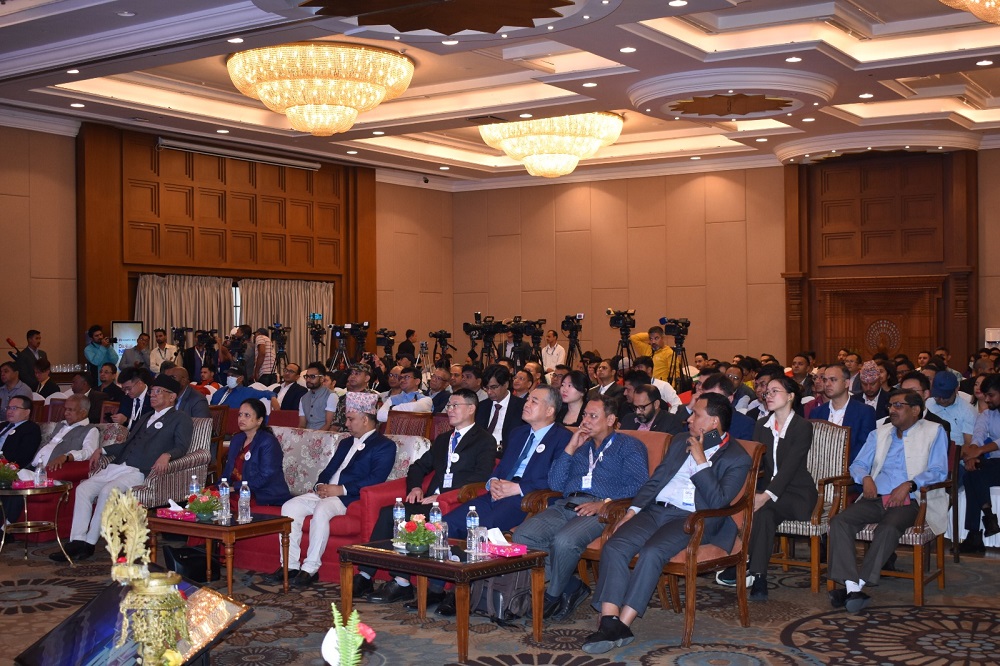
He said, “We have not been able to explain to others about the use of National ID. Its benefits should be defined and taken forward. Security does not come only when the data is on the computer. There is also a matter of security in offline data.
Similarly, Adesh Khadka, IT director of the National Identity Card and Registration Department, said that it is necessary to bring the citizens together for the National Identity Card.
He said, “The government has tried to advance the national identity card and registration in the same way. Social security, immunization, and school details can be linked with the national identity card and proceed further. But it is necessary to bring the people together.
Digital Governance at provincial and local levels
In the third session of the Digital Nepal Conclave 2023, there was a discussion on the implementation of digital governance in municipalities and provinces.
In the discussion, Ashok Kumar Byanju, Mayor of Dhulikhel Municipality, said that digital governance can be organized only if the local, state, and union governments are seen in the framework of the current constitution.
He said, ‘Digital local, state and union governments should be looked at through the eyes of the current constitution. Only then can we organize digital governance.’
He expressed his dismay that the state and federation do not have the development data with the municipality. He said, “Province and union do not have the development data that the municipality has. Because there is no such system.”
Don’t miss: Main ICT plans and policies from Budget Speech FY 2080/81 BS
Dhulikhel is an example to follow!
However, he claims that Dhulikhel Municipality has already started digital signature from Naksapass. He said, Dhulikhel Municipality has started digital signature from Naksapass. Taxes can be paid through the app. We have laid optical fiber,” he said. “We are working to create a single data center for the municipality.”
Banju later added that the work in telemedicine has also progressed. He emphasized that the government should bring the national-level data together. He said, “It is a challenge to get national-level data. Therefore, work should be done to bring the national data together.
Using digital technologies, he said, Dhulikhel municipality has made progress in work from poverty reduction to service delivery. “Special attention should be paid to the production of IT manpower for a digital municipality,” he said.
There’s still confusion about digital governance in the municipality
Similarly, Manoj Bhattarai, Chief Executive Officer of Smart Municipality said that the local government is still confused about digital governance. Addressing the panel, he said, ‘When talking about the state of local government in digital governance, we are excited but also confused.’
He said that even though many people understood they had to go digital after Covid-19, there was no roadmap to creating a digital municipality.
“So, a roadmap should be made to create a digital municipality. We don’t have a roadmap as yet,” he said.
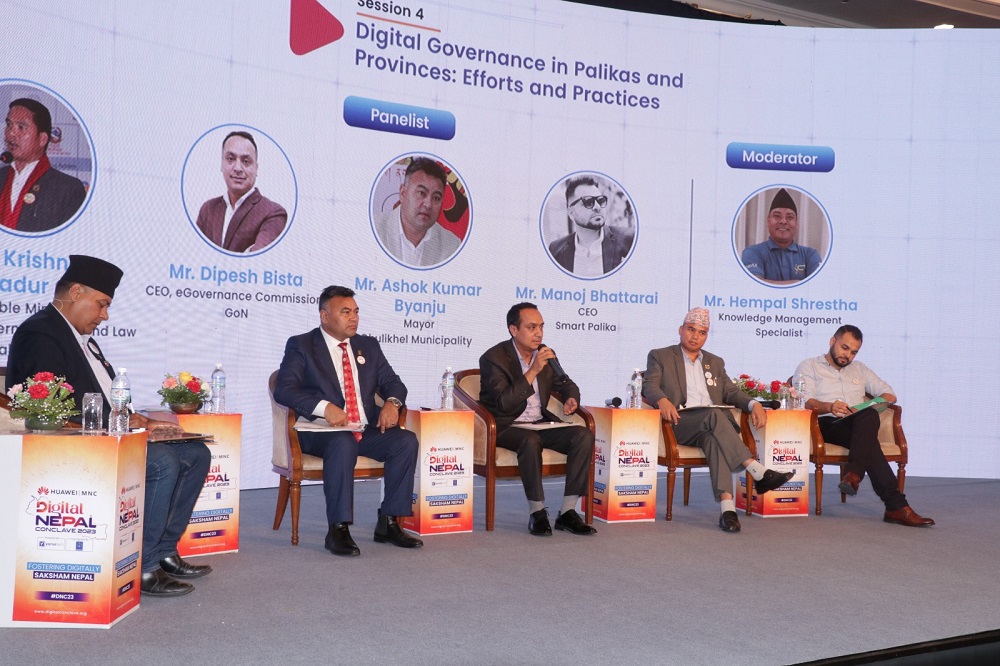
Similarly, Karnali Province Internal Affairs and Law Minister Krishna Bahadur GC complained that the concept of the digital province and digital municipality should be clear from the beginning.
He said, ‘The concept of the digital province and digital municipality should be clear at the beginning. Even now only 20 percent of Karnali province has internet access. Infrastructure is important. Who will compensate you if you cannot use the internet for 2 days? The answer is ‘no’.”
He said that it is not appropriate to talk about digital literacy as the region doesn’t have the basic physical infrastructure. He said, “Karnali does not have physical infrastructure. Such is the situation. We have not been able to get the high-tension line in Karnali. Still solar uses tower.”
He also talked about the restrictive laws. We have not been able to work because the law is somehow prohibiting it. The laws are inconsistent. So, they have to be improved.” he said.
You might want to read:
- Ntc launches Fiber internet service in Jumla and Kalikot
- WorldLink’s Ultra-High-Speed Internet Service Launches in Jumla
Will Digital Municipality and Province make it a Digital Nepal?
In the same way, Will digital Nepal be created by making a digital municipality and digital province? Dipesh Bishta, CEO of the Electronic Governance Commission, asked.
He said, ‘Does digital Nepal become digital or not? This is a big question. And will there be digital transformation with digital Nepal or not? That’s another big question.
He said that digital transformation will not be possible if the government cannot integrate the system. After coding the traditional process of serving the public and making software, we understood that it became e-governance. E-governance is not a translation, but it’s a digital transformation. Until we can integrate, we cannot understand that our systems are interconnected.
He said that the commission is moving towards establishing digital governance. He further said, ‘Nepal needs a person who can do digital leadership. I think the person who takes the leadership of digital transformation is the Prime Minister of Nepal. Do read: Ntc 4G Coverage Reaches 98 Percent in Local Levels, Over 96 Percent Sites On-aired
For this, the government should not only be a regulator but also a service provider, he said. He said, “We saw the government only as a regulator. Until and unless the government becomes a service provider and not just a regulator, transformation in this country is not possible. The government we think is government as a service.
What was the most highlighting idea for you from the day 1 of the ongoing Digital Nepal conclave 2023 event? Don’t forget to share in the comments below.


